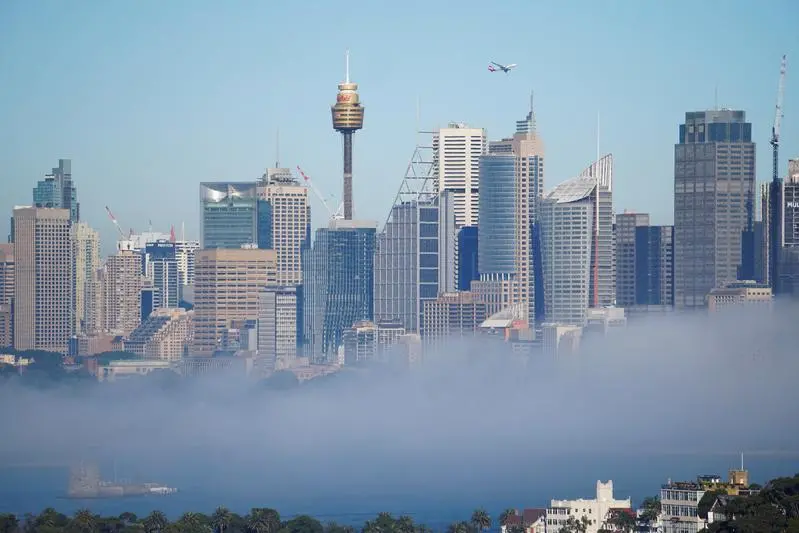PHOTO
SYDNEY - Australia will launch a bid with Pacific nations to host the United Nations climate summit in 2026, its energy minister said on Saturday, as the new labour government seeks to position the country as a renewable energy powerhouse on the global stage.
The government also reinstated the role of the Ambassador for Climate Change, appointing Kristin Tilley, who it said has over a decade of experience with climate change policy, to work with other countries to tackle the climate crisis.
"This is an opportunity, of course for Australia to remind the world that we're back. We're back at the International table," Chris Bowen, minister for climate change and energy, said of the bid for COP31 at a press conference in Sydney,
"It's an opportunity to work closely with our Pacific family, and we will seek to co-host the bid with the Pacific to help elevate the case of the Pacific for more climate action."
Australia has lagged developed countries on its climate action, with the former government of Scott Morrison resisting pressure to set more ambitious carbon emission targets at last year's Glasgow climate summit.
Bowen is leading Australia's delegation to attend COP27 climate summit in Egypt from Nov. 6 to 18, the first such summit for the newly elected labour government that came into office in May.
The government has also joined the Global Methane Pledge to reduce global methane emissions by 30%.
World Wide Fund for Nature-Australia welcomed the government's bid to co-host the COP31 climate talks, although it said Australia should also reconsider its position on allowing new coal and gas developments.
"We need to exit from fossil fuels on a set timeline and deliver on climate finance to support our Pacific neighbours, who have contributed the least to the climate emergency yet are experiencing the brunt of its impacts," said CEO Dermot O'Gorman.
"Wealthy countries, including Australia, still haven't met their $100 billion pledge to help developing countries face climate change, and the risks are rising."
Australia's neighbouring South Pacific island nations have said that climate change-induced rising sea levels and more intense storms are starting to erode their island homes.
(Reporting by Stella Qiu; Editing by Muralikumar Anantharaman and Michael Perry)





















